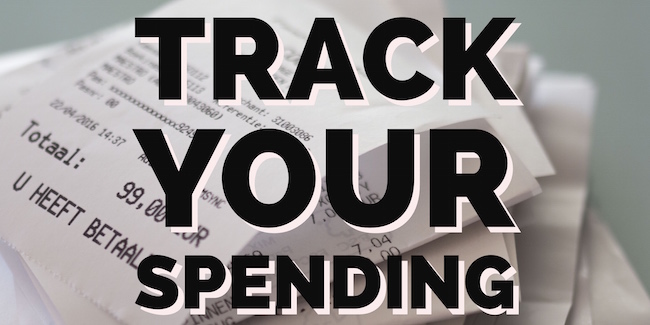Figuring out how to budget on your own can sometimes be a little aggravating or discouraging. If you don’t have a lot of experience with apps or spreadsheets, or even just balancing your checking and spending – it can feel like you’re trying to teach an unruly dog to walk nicely on a leash. If you’re putting your best efforts forward and still making major snafus that you don’t know how to fix, here are some tips to make budgeting easier each month.
Table of Contents
ToggleDon’t forget to track online spending.
It’s easy to order something online. With the push of a button, you can have the latest book release sent to you the next day or get the digital version in minutes. It’s even easier to forget to record it because you don’t necessarily have a physical receipt to serve as a reminder. Be sure to account for anything you purchase online if you don’t print out a physical receipt. Be sure to enter it into a budgeting platform right away.
If it’s for your business, store the the receipt digitally or print out a copy for your records. You may also want to enter all of your business expenses into a spreadsheet monthly, so you don’t have to scour for receipts later or spend tax season searching in multiple locations.
Simplify where you can.
It’s great to automate ongoing payments. It can free up your time to do more important things like prioritize and set money goals or make more money. If you’re responsible with credit cards, you can hook many bills to your card and pay one big bill all at once as a way to simplify your finances. You just have to remember to make room for another line item in your budget and only spend what you can afford to pay off in full.
Some people find it easier to have ongoing payments pulled straight from their bank account. You just have to make sure you always have the money set aside so you don’t incur any fees for insufficient funds. You don’t want to get hit with a costly overdraft fee.
Explore different platforms.
If you’re not good with saving receipts or tracking what you spend in general, sign up for Mint.com. Summaries of purchases past will hit your inbox weekly to keep you mindful of your spending. You just have to make sure you don’t overspend, actually look at it and change your behavior if need be. If you’d rather get ahead of yourself, to avoid a spending mishap, YNAB helps you allocate where your money should go before you spend it. There are other platforms like Learnvest and Quicken that also focus on budgeting. See what’s best for your needs.
The Bottom Line.
No matter how you decide to track your spending, be sure you use the different tools mentioned above to meet your goals. Whether you’re trying to stay on budget or just become more aware of what you’re doing with your money in general, employ some of the tips listed above to work out the kinks in your spending habits.
There are numerous government agencies who will help you learn how to take care of your money for free. How to budget, save and how to invest. MyMoney.Gov is a free site intended to help you improve your financial education if you live in the U.S. Also helping those who need information on those persons coping with debt, there is the Federal Trade Commission https://www.consumer.ftc.gov>articles. Copies of this information can also be obtained for free.









